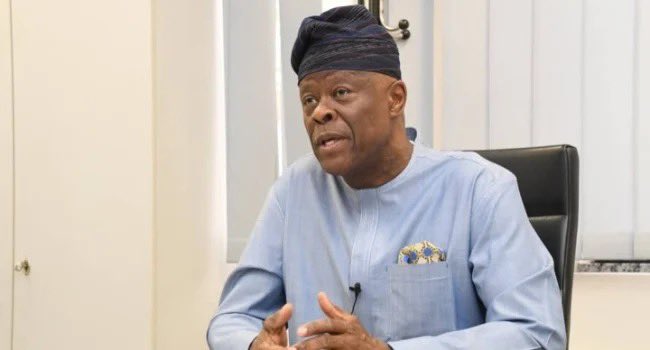By Opeyemi Abdulsalam
Wale Edun, Minister of Finance and coordinating economy, has expressed optimism that the economic reforms introduced in the past year by President Bola Tinubu will yield long-term benefits,
His statement is coming despite the current economic austerity faced by Nigerians.
The country is currently facing inflation over 30%, a plummeting naira value, and an exodus of multinationals, resulting in worsening unemployment and reduced purchasing power for the average Nigerian.
However, Edun emphasized that the Federal Government is focused on agricultural productivity, infrastructure investment, fiscal responsibility, and attracting Foreign Direct Investments (FDIs) to revive the economy and save it from financial bankruptcy.
Edun assessed the economic agenda of President Tinubu’s administration, stating that relative stability has been achieved in the first year, with the economy on track for growth.
He acknowledged the negative status of major economic indicators but emphasized that the economy is growing, and inflation is coming down.
Edun assured that help is being given to farmers, consumers, SMEs, and MSMEs, and an economic stabilization plan is in place to support big industries and businesses.
Edun said: “The food security problem is a worldwide phenomenon, but the government is focusing on food availability and provision.
He said that the fuel subsidy removal was necessary and overdue, as it had placed Nigeria in a physically unmanageable situation.
He continued that Nigeria is not solely reliant on multilateral development banks but is using them to its advantage.
“Improved credit ratings by Moody’s and Fitch are objective indicators of economic growth. Companies will always come and go, but the government is striving to improve the economy,” Edu said.
“An estimated $7 billion in FDIs is expected to come into the oil and gas sector, and the national single window project will revolutionize port operations, making Nigeria more competitive.”

